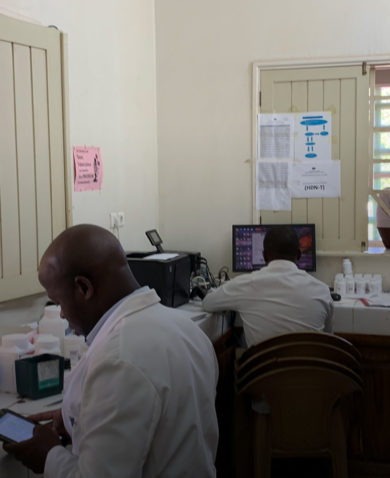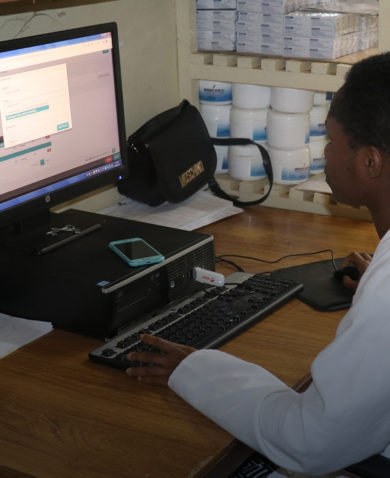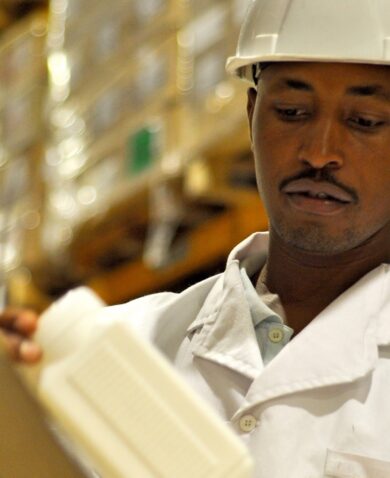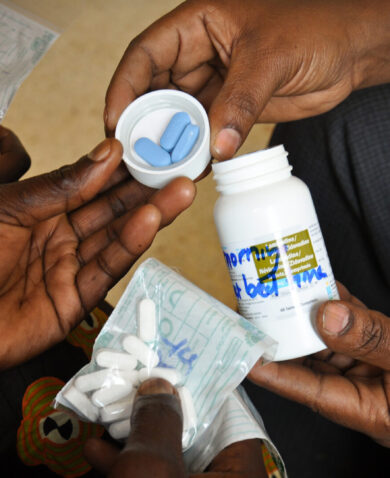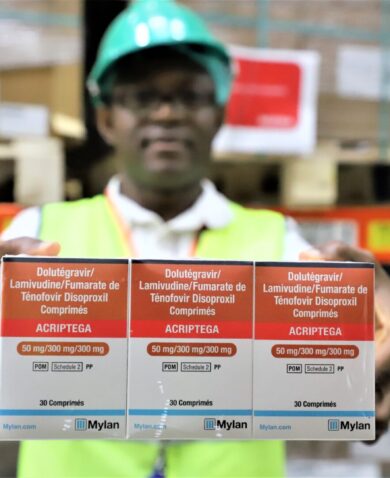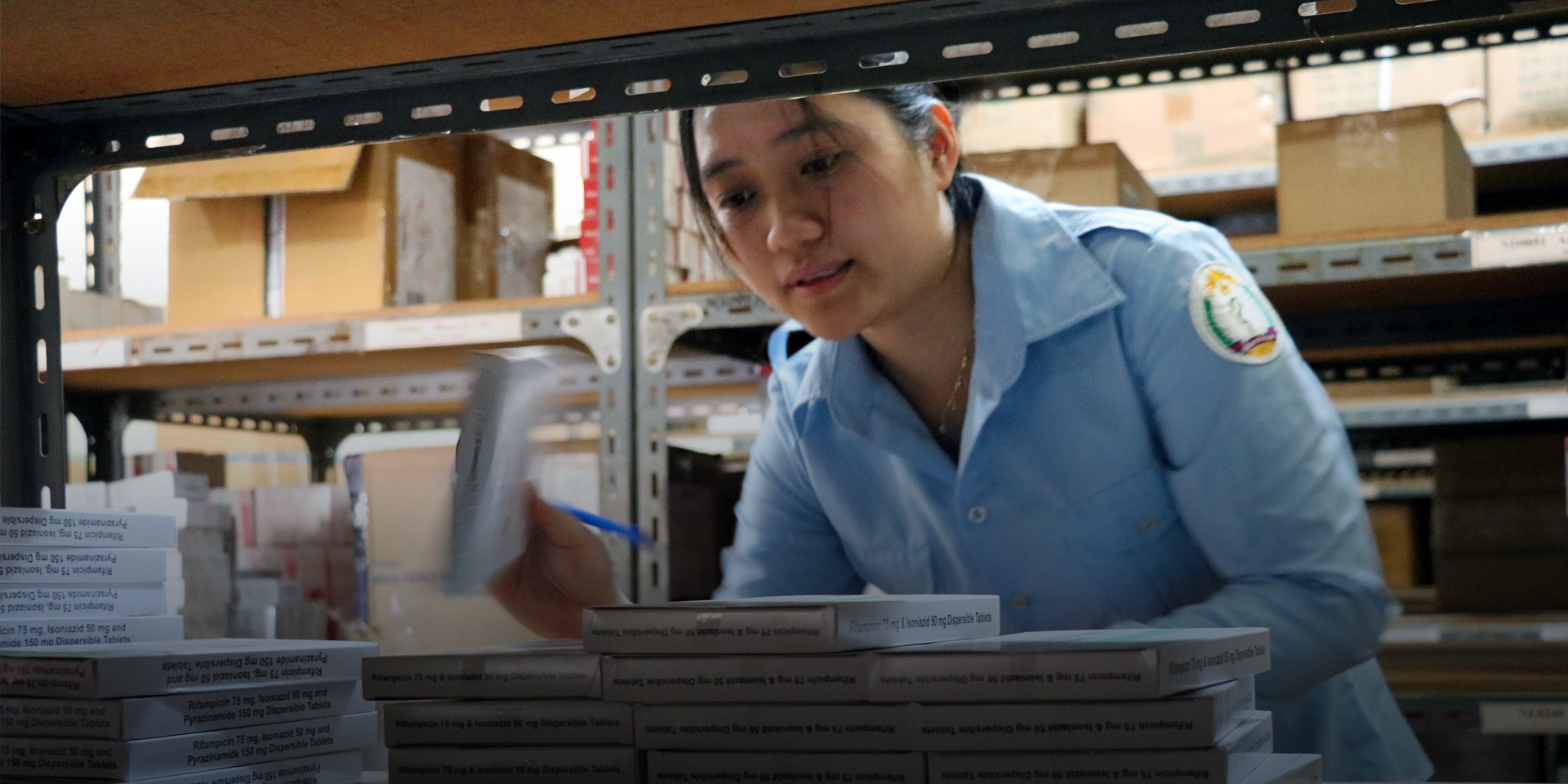
Chemonics News
News: Chemonics Responds to House Foreign Affairs Committee Report about the USAID Global Health Supply Chain Program-Procurement and Supply Management Project
October 16, 2018 | 2 Minute ReadAn October report from the House Foreign Affairs Committee provided insights into key findings and recommendations for the successful implementation of the USAID Global Health Supply Chain Program- Procurement and Supply Management (GHSC-PSM) project.
On October 15, 2018, the House Foreign Affairs Committee (HFAC) published a report, Oversight Investigation: USAID Global Health Supply Chain Contract. The report offers key findings and recommendations for the many stakeholders of the USAID Global Health Supply Chain Program – Procurement and Supply Management (GHSC-PSM) project, including USAID, the State Department’s Office of the Global AIDS Coordinator, the President’s Malaria Initiative (PMI), Chemonics, and others. Chemonics respects and welcomes oversight and interest from Congress on the GHSC-PSM project.
“Congress plays a vital role in ensuring U.S. taxpayer dollars are used responsibly and effectively, and we are committed to ensuring this project, as well as all our projects, are implemented efficiently and successfully,” said Chemonics Executive Vice President Jamey Butcher, who led Chemonics’ efforts to improve GHSC-PSM’s performance. “Over the past year, I and other project leaders have been happy to brief HFAC and other Capitol Hill staff, at their request, providing information about the scope of the project and updates on the project’s progress.”
GHSC-PSM experienced challenges as it started up, partially due to an abbreviated transition from previous supply chain projects. Other challenges included launching the project simultaneously in 33 countries and establishing new, more rigorous standards for on-time delivery. Upon detecting issues in on-time delivery rates in late 2016, Chemonics began working closely with USAID to implement changes that would improve the project’s performance. Those improvements have yielded positive results.
For the third quarter of FY2018, on-time delivery averaged 73 percent and was 82 percent in June. The latest data show a provisional on-time delivery rate of 84 percent in July and 88 percent in August. Over the life of this project, GHSC-PSM has procured more than $1.3 billion in health commodities, including antiretroviral therapy (ART) to provide more than 2.9 million person-years of HIV treatment and antimalarials to treat nearly 99 million infections. In the third quarter of FY18, GHSC-PSM delivered a line item approximately every 1.4 hours.
Ensuring patients get the health commodities they need is Chemonics’ highest priority. For that reason, GHSC-PSM continuously analyzes any impact of late deliveries of life-saving medicines to assess their impact on stock levels, and ultimately on patients. To date, GHSC-PSM has not found evidence that any patients have been forced off treatment due to GHSC-PSM’s late deliveries. This report confirms that life-saving services were not denied to patients due to late deliveries by GHSC-PSM. That said, Chemonics remains committed to the mission of GHSC-PSM: ensuring uninterrupted supplies of health commodities to save lives and create a brighter future for families around the world. Continual improvement is a central pillar of the GHSC-PSM program, and Chemonics continues to work closely with USAID to achieve a state-of-the-art global health supply chain.


